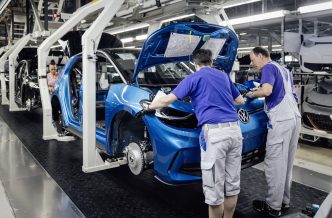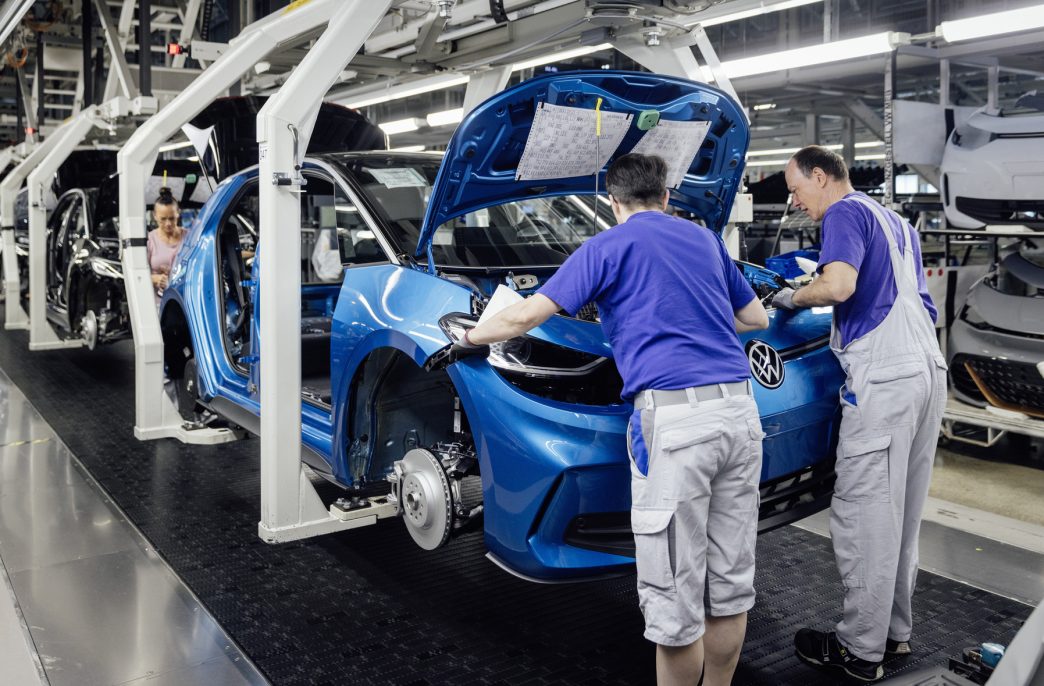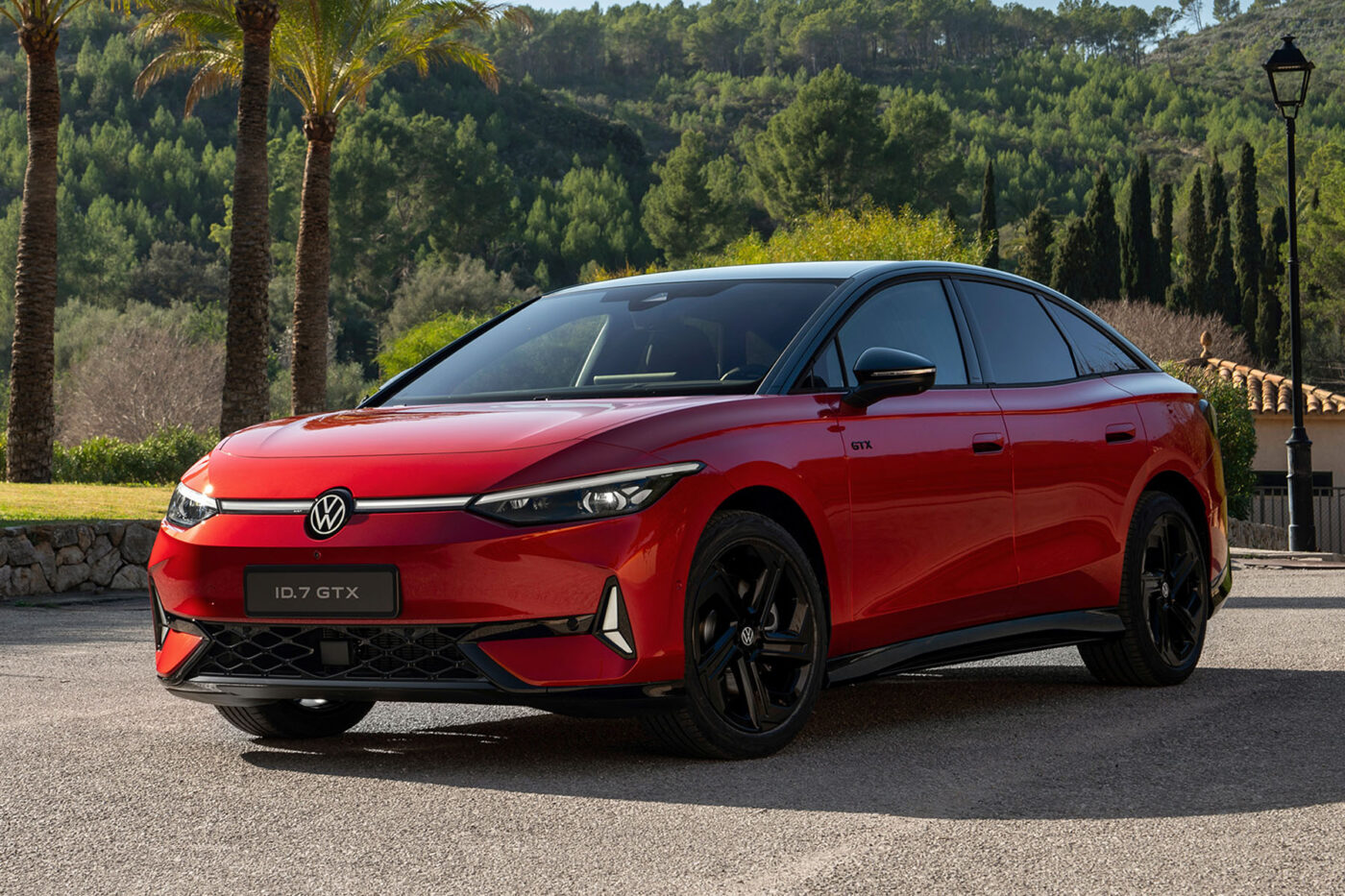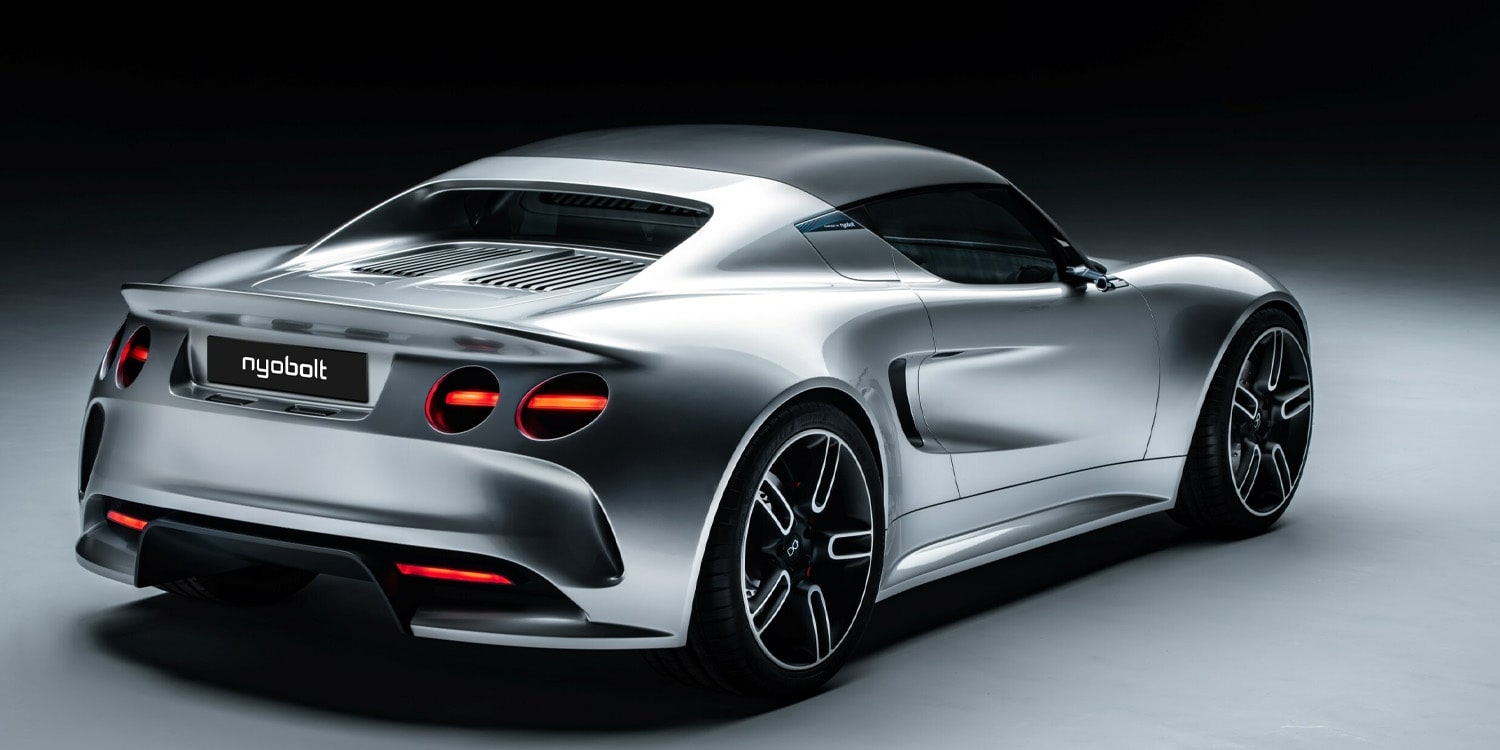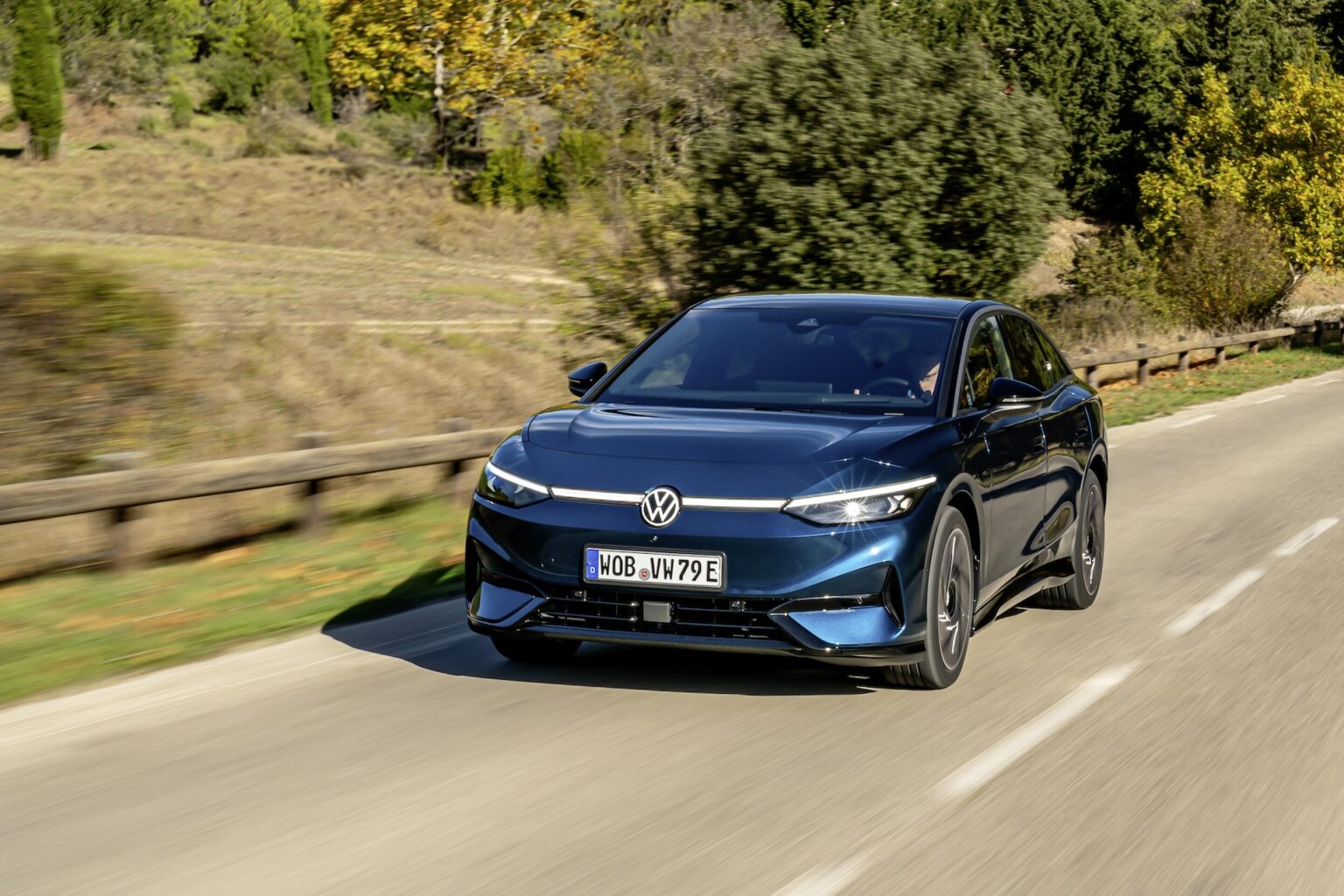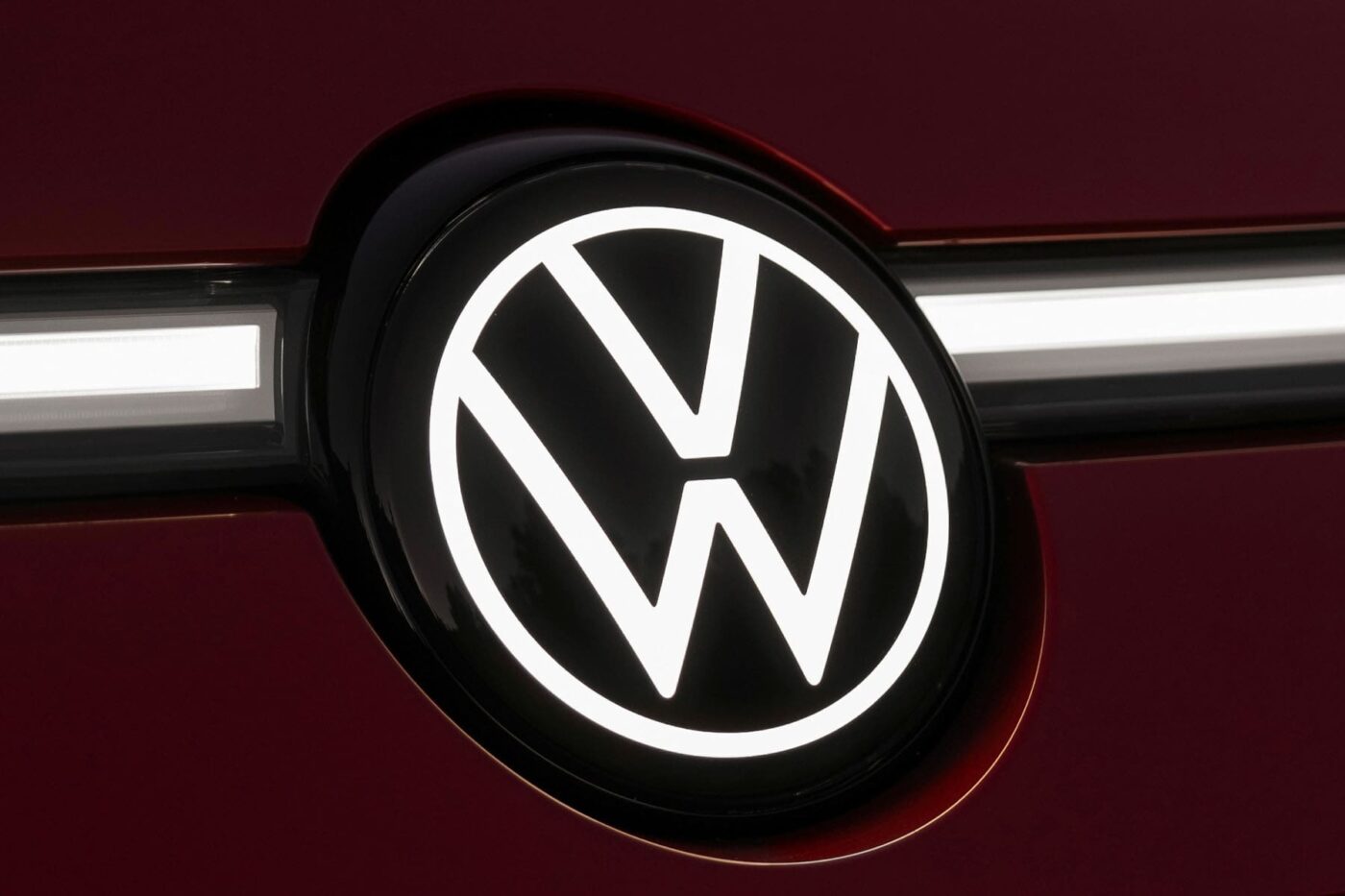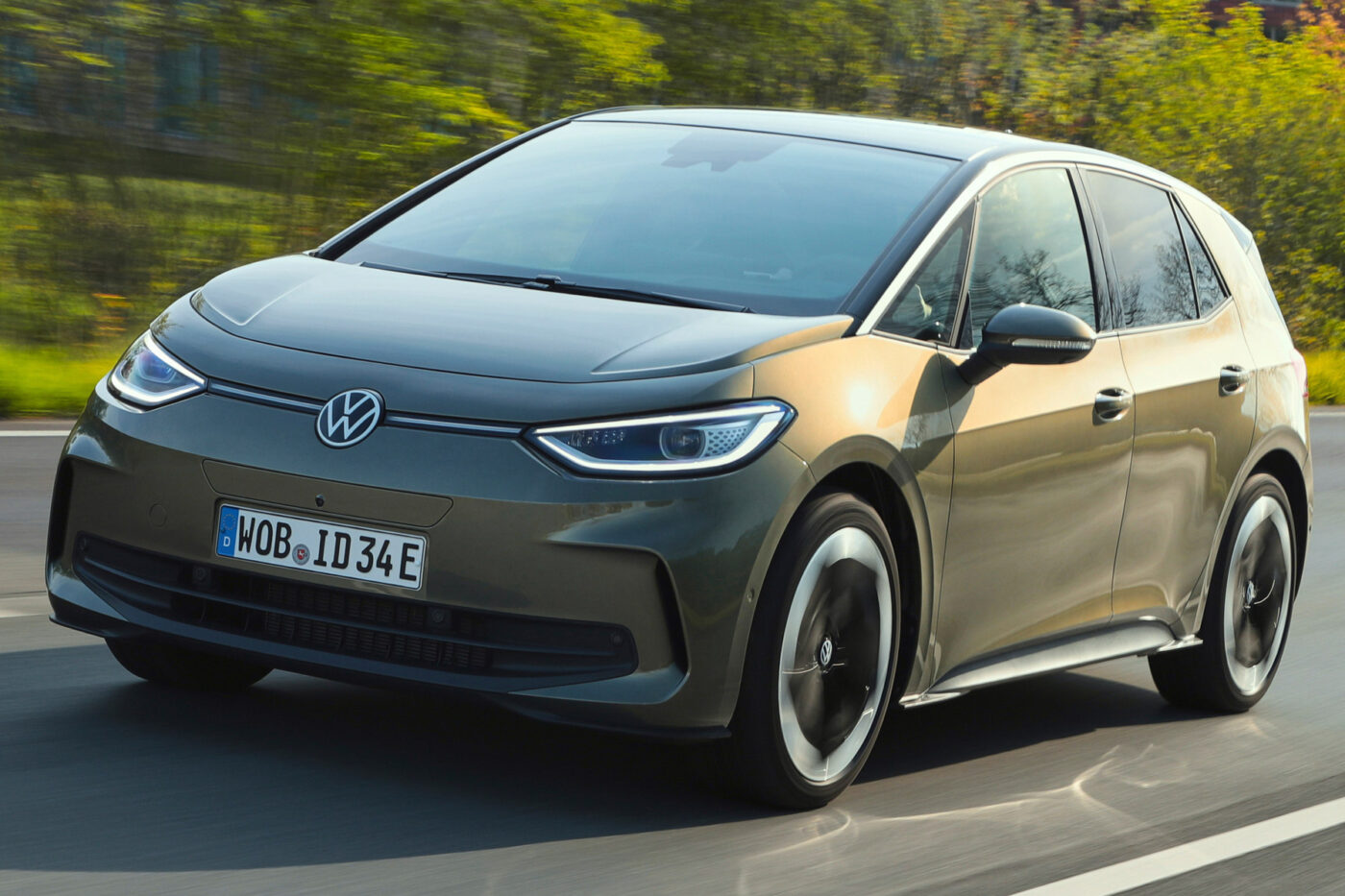Volkswagen’s Zwickau EV plant, once considered a cornerstone of the automaker’s electric vehicle strategy, faces new challenges as discussions arise about relocating production of the Audi Q4 e-tron to the company’s US plant in Chattanooga. This potential shift, reportedly under consideration for the first half of the 2030s, is seen as part of Volkswagen’s efforts to optimize production for the North American market. However, it raises concerns about the long-term future of the Zwickau plant, particularly as it prepares to downsize to a single production line and model by 2027.
Currently, Zwickau manufactures five electric vehicle models across two production lines, including the Volkswagen ID.3, Cupra Born, ID.4, ID.5, and the Audi Q4 e-tron. Under a previously announced restructuring plan, all models except the Q4 e-tron will be relocated to other facilities by 2027, leaving the plant dependent on a single model. While Volkswagen has proposed unspecified circular economy projects to support Zwickau, critics question whether such initiatives will offset the underutilization of a facility once producing five models. The Q4 e-tron’s future sales performance will be critical for the plant’s sustainability, with any decline in demand threatening to exacerbate operational challenges.
Volkswagen’s decision to consider Chattanooga for future Q4 e-tron production is driven by its strategic advantages. The US facility already produces the ID.4 SUV on Volkswagen’s MEB platform, which shares a similar architecture with the Q4 e-tron. Consolidating production of two electric SUVs in Chattanooga could enhance manufacturing efficiencies and reduce logistical costs for the North American market. Additionally, the move aligns with ongoing discussions about expanding Chattanooga’s role to include vehicles from other Volkswagen Group brands, although no official decisions have been made.
If the relocation proceeds, it is expected to coincide with the launch of the second-generation Q4 e-tron, anticipated in the late 2020s. Unlike the current model, based on the MEB platform, the next generation will likely adopt Volkswagen’s new SSP architecture. This would further align Chattanooga’s production capabilities with Volkswagen’s long-term technological roadmap.
Zwickau’s challenges come against the backdrop of a fragile compromise reached in December between Volkswagen’s management and its works council. The agreement, aimed at cost-saving while preserving jobs, ensured Zwickau employees were included in Volkswagen’s in-house collective agreement, guaranteeing job security until 2030. However, the timing of discussions about post-2030 production changes suggests a calculated approach to avoid immediate conflict.
While Zwickau’s inclusion in Volkswagen’s sustainability and circular economy initiatives offers some hope, the plant’s reliance on a single model raises significant risks. The decision to potentially move Q4 e-tron production underscores Volkswagen’s broader strategy to adapt to shifting market dynamics but leaves Zwickau facing an uncertain future. For now, the plant remains a key part of Volkswagen’s European EV operations, but its role in the next decade will depend heavily on market demand and the company’s global production priorities.
Source: Spiegel

